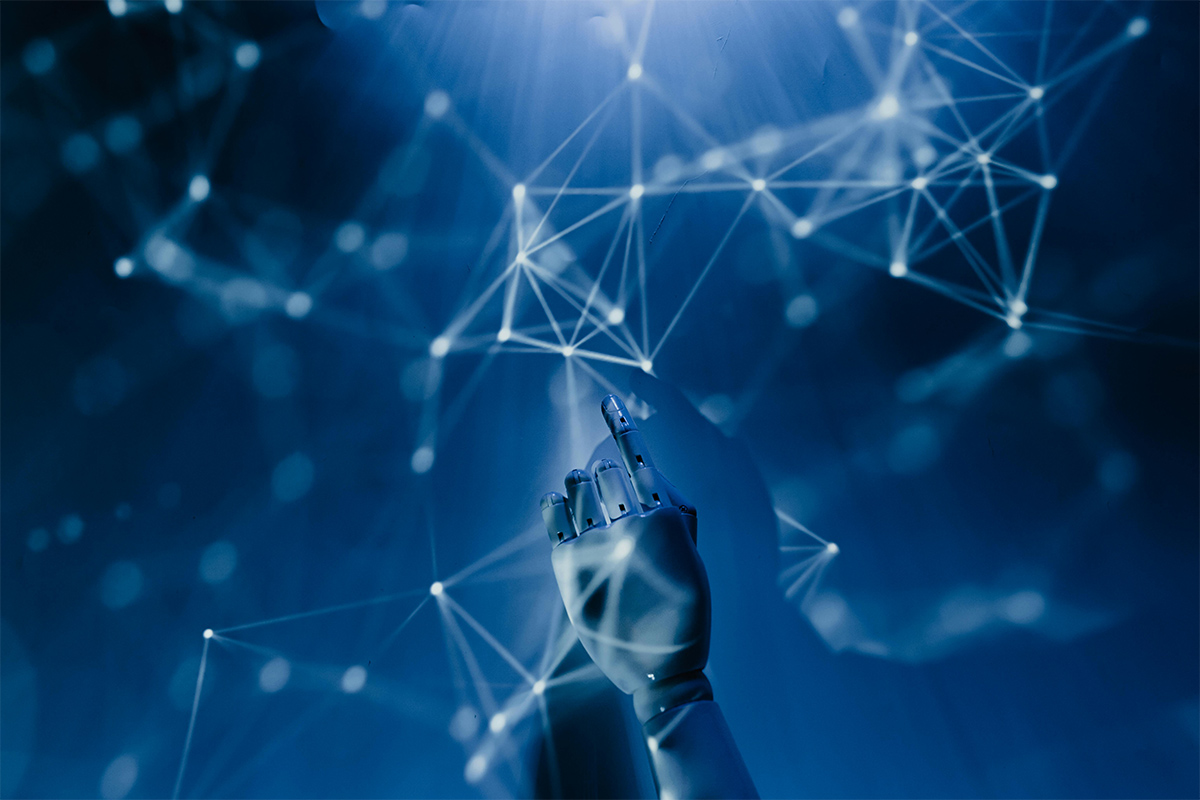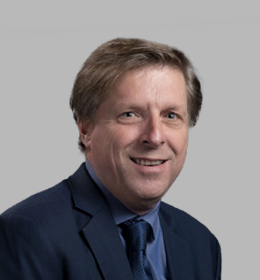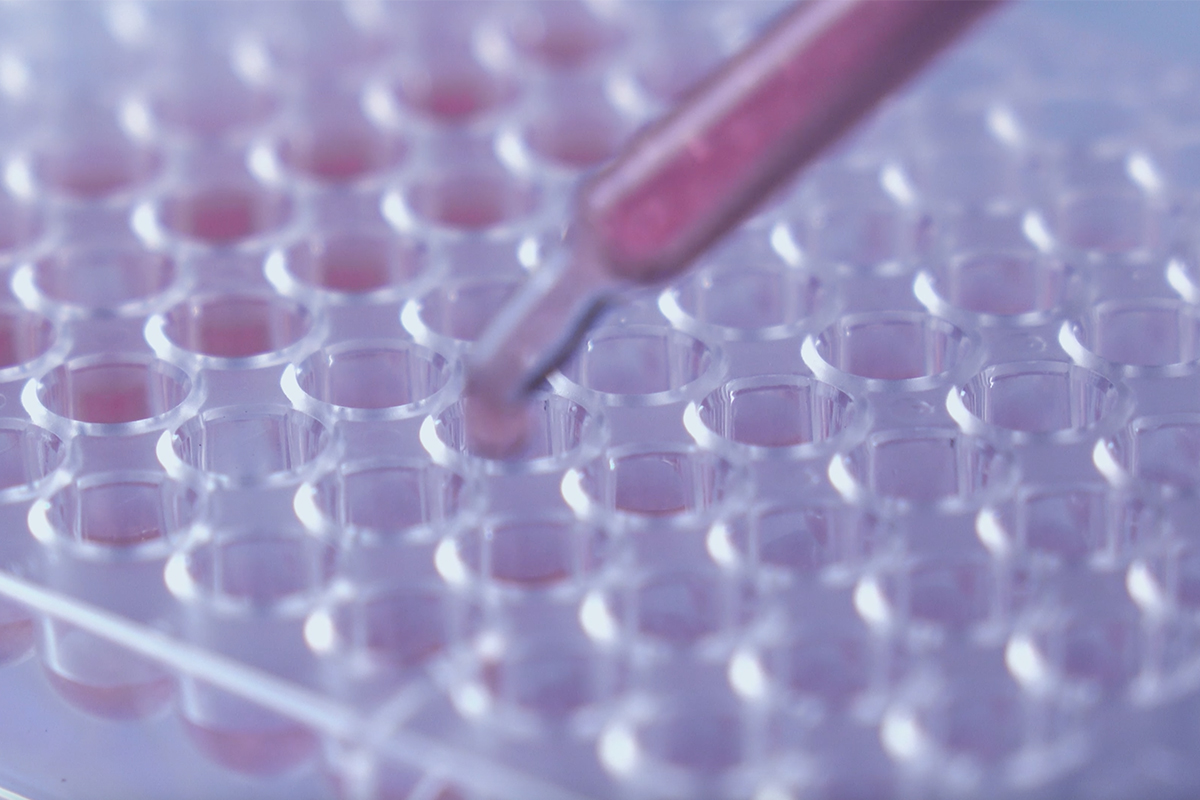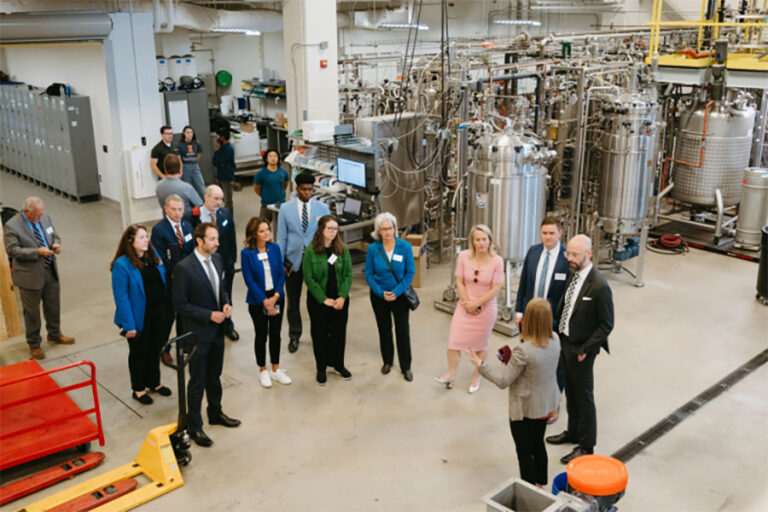
The future of aging is being rewritten by artificial intelligence. For centuries, humanity has accepted the slow, inevitable decline of the body as an unshakable reality. But what if aging wasn’t a certainty, but a problem to be solved? At the intersection of longevity research and AI, scientists are no longer just studying aging—they are actively working to outmanoeuvre it. And one of the key players in this revolution is Dr. Brian Kennedy.
Kennedy, a professor at the National University of Singapore and a global authority on aging, has spent decades investigating the biology of longevity, pioneering research on aging biomarkers, drug discovery, and AI-driven healthspan interventions. As a member of Hevolution’s advisory board—a Riyadh-based foundation with an annual budget of up to $1 billion to fund and invest in healthspan research—he’s at the forefront of a new movement: using AI to accelerate breakthroughs in healthy longevity science.
“Five years ago, I wouldn’t have predicted that half my lab would be working on AI—but that’s the reality now,” he says. “AI is fundamentally reshaping how we approach aging science.”
Aging isn’t just about wrinkles and gray hair; it’s about the slow degradation of cells, organs, and systems. Scientists have long known that chronological age—the number of years lived—is a poor predictor of health. Instead, biological age, a measure of how quickly someone is deteriorating at a molecular level, offers a more accurate picture. AI is proving to be the key to decoding this hidden clock.
By processing vast datasets from DNA methylation, clinical chemistry, and wearable sensors, AI can now determine a person’s biological age with remarkable precision. “We’re now training AI models to detect aging patterns in ways we never imagined.”

Kennedy’s lab recently developed a clinical chemistry-based aging clock, which uses standard blood test markers—like HbA1c, LDL, and inflammatory proteins—to predict mortality risk. Unlike aging clocks based on obscure molecular markers, this one has direct clinical applications. “If you tell a doctor your methylation test shows you’re biologically older, they won’t know what to do with that information,” he says. “But if your routine blood work shows elevated inflammatory markers linked to aging, we know exactly how to intervene.”
The implications are profound. If AI can identify those aging faster than their peers, targeted interventions—whether drugs, diet, or lifestyle changes—can be implemented before disease takes hold. This could radically extend healthspan, the number of years a person stays healthy, even if lifespan remains unchanged.
AI isn’t just redefining diagnostics; it’s also supercharging drug discovery. Traditional pharmaceutical development is an excruciatingly slow and costly process, often taking more than a decade to bring a single drug to market. But AI-driven models can analyze millions of compounds, predict their efficacy, and streamline clinical trials.
“AI can simulate compound interactions with aging pathways, allowing us to prioritize the most promising interventions before stepping into a lab,” Kennedy says.
Hevolution, the foundation backing some of the most ambitious healthspan research on the planet, is deeply invested in accelerating AI’s role in aging science. With a mission to fund translational research and bring healthy longevity solutions to market faster, Hevolution sees AI as a critical lever in achieving that goal. The foundation’s substantial funding aims to bridge the gap between discovery and clinical application—an area often overlooked by traditional funding mechanisms.
“Aging research has been neglected in public-sector funding, even though it affects every person on the planet,” Kennedy points out. “Hevolution is stepping in to change that.”
“AI is fundamentally reshaping how we approach aging science.”
Dr. Brian Kennedy
But AI’s role in aging science isn’t without its challenges. One of the biggest hurdles is validation. Many AI-generated aging clocks and biomarker models exist, but not all are backed by rigorous clinical evidence. There’s also the risk of overfitting—where AI models detect correlations that don’t necessarily translate into real-world outcomes.
“We need to strike a balance,” Kennedy says. “The gold standard remains clinical trials, but those take time and money. AI allows us to create biomarker-driven trials, which can provide faster feedback, but we still need to validate those markers properly.”
Then there’s the ethical dimension: if AI can predict who will age faster, who should have access to interventions? Will these technologies widen existing healthcare disparities? These are questions that must be tackled alongside the science.
“Healthy longevity research can’t just be about the wealthy living longer,” Kennedy insists. “If we’re serious about this field, we need to make interventions accessible to as many people as possible.”
Still, the trajectory is clear: AI is not just accelerating aging research—it’s transforming it entirely. The dream of extending healthspan isn’t science fiction; it’s happening now. Kennedy himself takes a pragmatic approach to healthspan, tracking his own biological markers and testing interventions. But he’s not banking on immortality just yet. “Thinking long-term shifts your perspective. Instead of worrying about decline, I look forward to the future.” he explains.
In an era where AI is reshaping every aspect of life, its role in redefining aging might be one of the most profound transformations of all. The question is no longer if we can intervene in aging, but how far we’re willing to go. And as AI pushes the boundaries of what’s possible, the future of aging might not look like aging at all.









